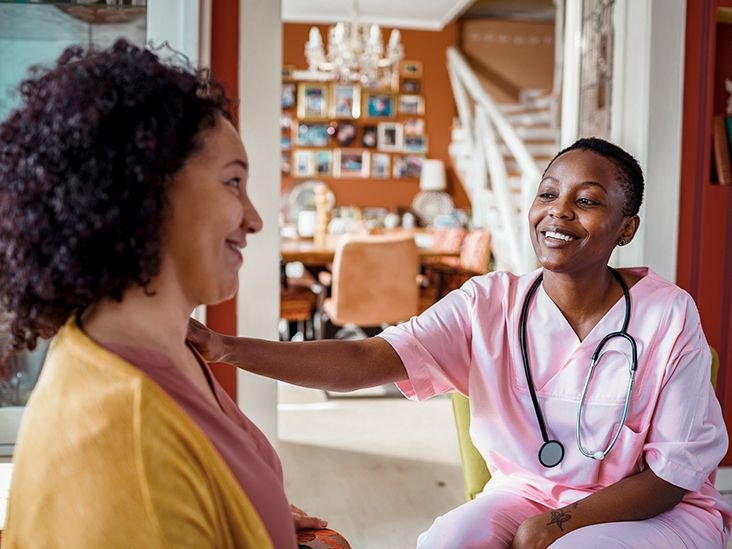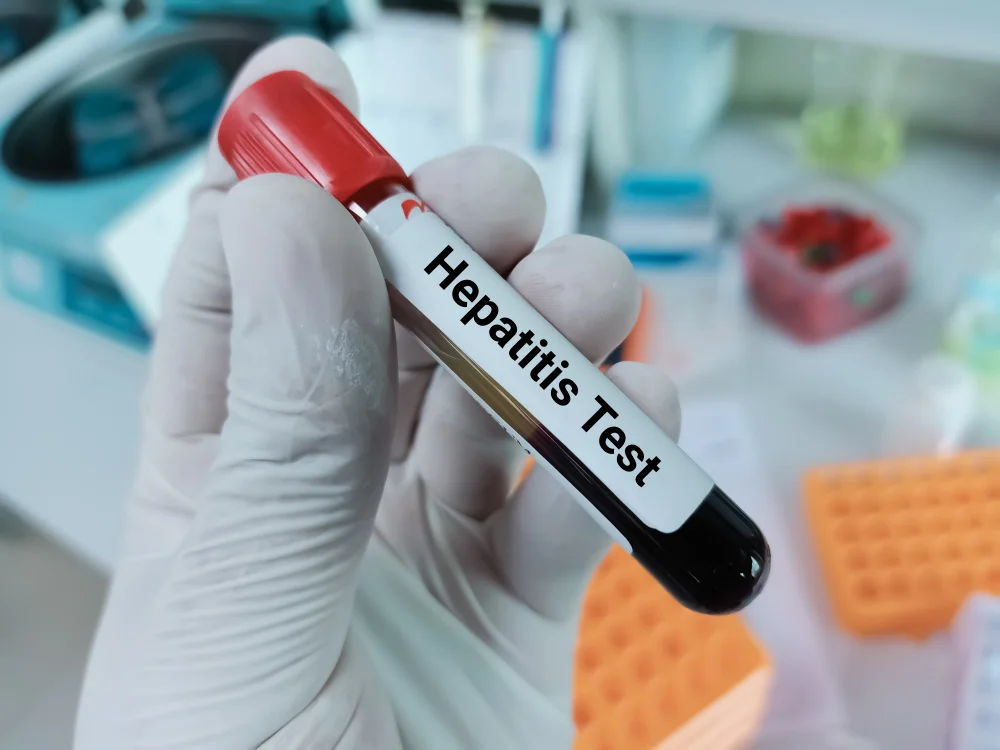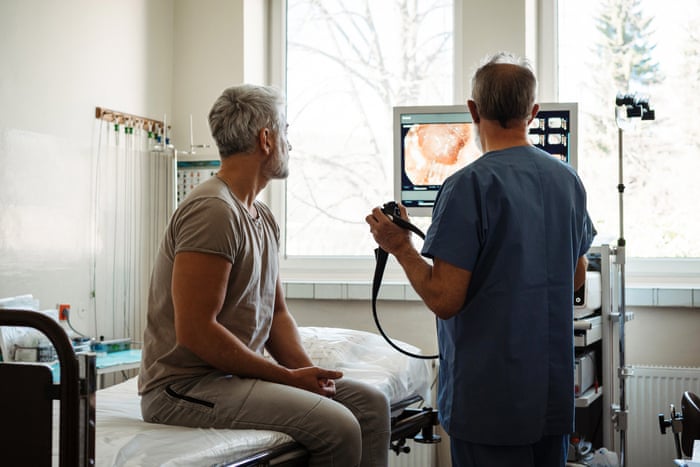Knowing When to Screen… and When to Stop: The Quiet Wisdom of Preventive Healthcare
Preventive screening has become one of the quiet heroes of modern medicine. These simple tests, a scan here, a blood sample there can uncover diseases long before symptoms ever dare to show up. Sometimes, they even spot warning signs that aren’t dangerous yet, but could turn into trouble given enough time.

We celebrate early detection as a lifesaver… and it often is.
But here’s the tug-of-war question that doesn’t get asked nearly enough:
At what point does screening stop helping and start becoming unnecessary?
The Screenings Proven to Matter Most
Medical experts, including those behind the U.S. Preventive Services Task Force, agree that a small number of screening tests consistently make the biggest difference.
For Women
Mammograms to detect breast cancer early
Pap smears to protect against cervical cancer
Bone-density scans for osteoporosis beginning around age 65, repeated every few years
For Everyone
Colonoscopy for colorectal cancer beginning near age 50 (usually up to age 75)
Blood tests for hepatitis C and HIV

Cholesterol checks to keep heart disease in check
Other tests are used more selectively, say, screening for diabetes in people with excess weight or checking urine for infection during pregnancy.
The key point:
These tests save lives when timed well and applied thoughtfully.
When the Benefit Changes with Age
Many of us assume screening continues forever a lifelong membership in the medical “just to be safe” club.
However, as the years pass, some screenings begin to bring more trouble and less reward.
What causes that change?
It can take years for treatments to take effect.
The body grows less resilient to invasive tests and more delicate.
Life expectancy affects the significance of long-term benefits.
Anxiety, discomfort, and risk can accompany even the most well-meaning tests, and these drawbacks become more significant as we get older.
Colonoscopy: A Clear Example of the Balancing Act
A colonoscopy is a superstar among screenings:

It can find cancer early and remove pre-cancerous growths on the spot.
But what happens when we push it into older decades?
Research involving over a million adults aged 70–79 shows:
Cancer risk dropped only slightly in those who were screened
Complications while still rare increased with age
The takeaway?
Colonoscopy still offers some protection in later years… but the benefits shrink, and the risks tip upward.
Since no two 75-year-olds are alike, it would be wiser to personalize rather than impose a rigid guideline.
What’s Right for You?
If you’re in your 70s or beyond, think less about calendar age and more about overall health. Ask your doctor:
Do I have strong enough health to benefit years from now?
Have my past screenings been normal?
What are the risks for me, not just the average person?
Will this test give me peace of mind… or stress?
For younger, healthy adults, regular screening continues to be a crucial safety net.
For those juggling multiple health struggles, less may actually be more.
Quality of life counts too.
The Road Ahead for Screening
Medicine keeps moving. Faster, safer, smarter screening tools are in development right now. In the future, recommendations will evolve and some tests may become easier or even unnecessary.
But until that day comes, here’s the guiding principle worth remembering:
Start screening when it genuinely helps.
Stop screening when the benefit fades.
Knowing when to begin is the science.
Knowing when to stop is wisdom.
What's Your Reaction?




















